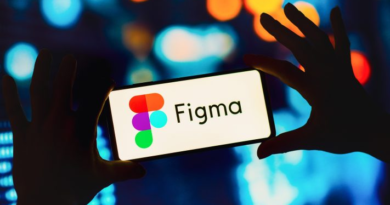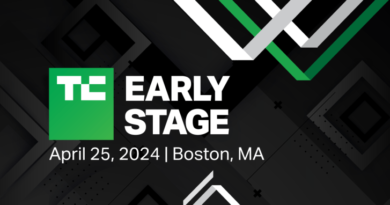The perils of the platforms of paranoia

Nextdoor promised to help connect communities, but browsing through my own Nextdoor feed feels more like a Hitchcock thriller where everyone is both a suspect and a detective. If Alfred Hitchcock were alive today, he would no doubt have an account, perhaps sharing cryptic warnings about the “suspicious-looking pigeon” on his windowsill.
Platforms like Nextdoor, Citizen and even the Ring doorbell app (which, incidentally, has had some other issues to contend with) are the modern neighborhood watch. But, unlike the neighborhood watches of yore, the era of “Hello, neighbor!” has evolved into “Why is my neighbor at my door?”
In one of my many weird pasts, I was a police officer, and as part of that, I had access to databases showing crimes committed in a particular area. Although there are more instances of crime than you might expect, most of them aren’t very serious, and very few of them affect several people in the area. If you were to get a notification every time a window was broken or a pocket was picked, your phone would be permanently twitching like a nervous Chihuahua.
And yet, we still join Nextdoor and get alerts from Citizen and make sure nobody’s standing outside our house by looking at our Ring app. We’re knowingly subscribing to a steady stream of notifications warning us of the dangers (or perceived dangers) all around. These are choices we make, and they’re not doing our mental health any good.
Imminent danger is great for app KPIs
Humans have evolved to be scared, so we’re naturally inclined to pay more attention to threats or negative information. Platforms like Nextdoor and Citizen make it easy for users to perpetuate this.




